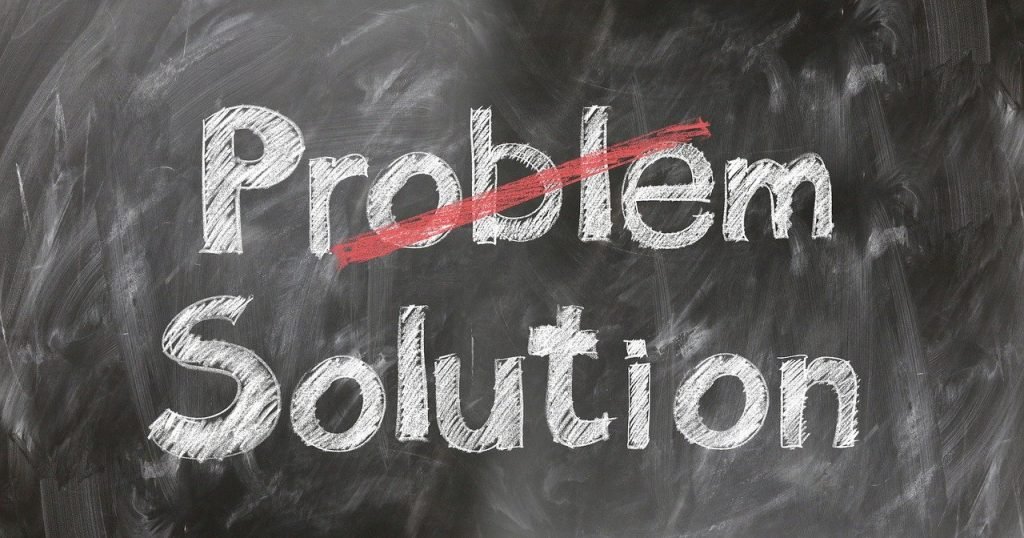Covid-19 has helped to accelerate and, in some cases, instigate a number of changes in the way companies think about and execute events.
In some industries, this is likely to be temporary, with truly in-person experiences like eating out or theatre being far less appetising in their online incarnations. However, many industries will see these events become staples of their new normal – think, for example, about the ways in which education is set to transform – and so the questions are:
- What will the key changes look like?
- What infrastructure and technology will be required to power this new normal?
Whether you’re a company newly aware of the potential of online events, or a platform offering an essential online event service, this blog is for you.
Three changes in online events

1. Many companies will switch their focus to online events (and many already are)
For those companies for whom in-person attendance is not a must-have feature, online events, though first a necessity, will become a virtue.
For one, the logistical ease of attending an online event removes huge barriers to participation and opens up the market enormously. Attendees can ‘travel in’ from any location on the face of the Earth, and once there, they won’t be taking up any resource beyond the digital cost of their experience.
Specialist conferences, industry expos and minglers can all benefit enormously from this transition, and, with the right technology, they will do.
2. Novel, immersive and well-organised events will be the name of the game
Immersive events will become more prevalent, with experience-based offerings keen to recapture their original USPs. Think VR online theatre events.
In addition, the more impressive, immersive events will serve as marks of prestige.
Similarly, highly organised and reliable events will see an uptick, with companies leaning into event scheduling and programming platforms, many of which are whole-package online event hosting products. Tech failures will become much more embarrassing, costing potentially thousands of users their entire experience.
3. Businesses and business models will adapt and flourish in light of these changes
Companies will have a lot to rethink. Some may want to abandon their physical events entirely. Some will want to expand online events to new horizons.
This will mean a fundamental change for many. With online events becoming, for example, the most important part of a global marketing strategy, the most profitable way to experience a product, or a way of cracking a previously untouchable market.
And as this market grows, more and more event hosting, video streaming, and AR and VR products will emerge.
Three features the digital infrastructure and technology supporting these events must have

1. Scalable, elastic and cost-optimised
Essentially, those planning to offer online events to a large number must be able to scale elastically, the first reason is simply that if you want to offer an event to 10,000 you must, of course, have the underlying compute resource to do so.
The second,is that, to do so profitably, you must be able to stretch your resource to accommodate a high-attendance event, and then scale back to avoid paying for that capacity when it is not in use.
Here, public cloud and a competent managed service provider are your friends. Depending on your offering, there are many ways in which your elasticity and scalability can be managed, so it pays to work with a partner who has a detailed understanding of the technology in question, whether that’s Amazon’s EC2, or a similar public cloud service.
In addition, we have the issue of cost efficiency as separate from scalability. And At Just After Midnight, we build under the AWS Well-Architected Framework, which provides clear instructions for navigating the technical challenge of producing cost-effective cloud solutions while meeting all other operational goals.
2. Reliable and secure
Reliability and security can be achieved in a variety of ways, but both are crucial. Reliability will be key for reasons already mentioned, but with the vast amounts of attendee data being entrusted to event hosts, security will also be an important feature of any solution.
To avoid embarrassment, the infrastructure supporting your online event provisioning should have the ability to automatically recover from failure through tested procedures; should be load tested, to determine the system’s failure points; should be able to scale horizontally; should be able to manage changes in automation.
These criteria may sound absolutely alien to you, which is where an MSP like Just After Midnight comes in handy.
Likewise, proper security is technically demanding. To protect your attendees, you will need to ensure that your solution enables traceability; protects your users’ data in transit as well as at rest; implements a strong identity foundation; allows for security best practices to be automated.
Again, if this all sounds recondite – that’s where we can help
3. Specialised and innovation-ready
Moving on a little from strictly IaaS (infrastructure as a service) concerns, we arrive as the new ecosystem of tools and services specialised to provide the kinds of new online events we’re discussing. And it goes without saying that companies who avail themselves of these will stand a better chance in what will increasingly become a competitive field.
Services like AWS Elemental MediaLive will become increasingly relevant, and, if you’ve opted for AWS infrastructure, will sit comfortably in the rest of your stack. MediaLive boasts simple deployments and broadcast-grade live-streaming, as well as allowing you to sidestep the costs associated with a traditional media encoding setup and accompanying physical infrastructure.
Elsewhere, tools like OpenConf and Whova are there to offer an all-in-one tool for online event programming, ticketing and promotion.
Many of these are SaaS products (software as a service), and not IaaS, but the takeaway is that the entire stack used to facilitate these events, from IaaS to SaaS, needs to be designed and selected with the requirements of this new shift in mind.
How we can help

At Just After Midnight, we’ve been keenly watching these developments, aware that our skills and experience are highly relevant to the emerging market. We’ve previously worked with Volvo to deliver augmented reality experiences to a high number of users, and we know that the demand for this type of project is only going to grow.
So whether you’re looking to set up infrastructure for online events or for an event platform or SaaS product, we’ve got you covered.
To find out more, just get in touch.
The takeaways
- Covid-19 has accelerated the growth of online events
- Many companies, seeing the benefits, will focus on these going forward
- This proliferation will call for new capacities in infrastructure and underlying technology, namely elasticity, reliability, security, and the ability to deliver unique, immersive experiences
- Just After Midnight are perfectly poised to help you in this journey




